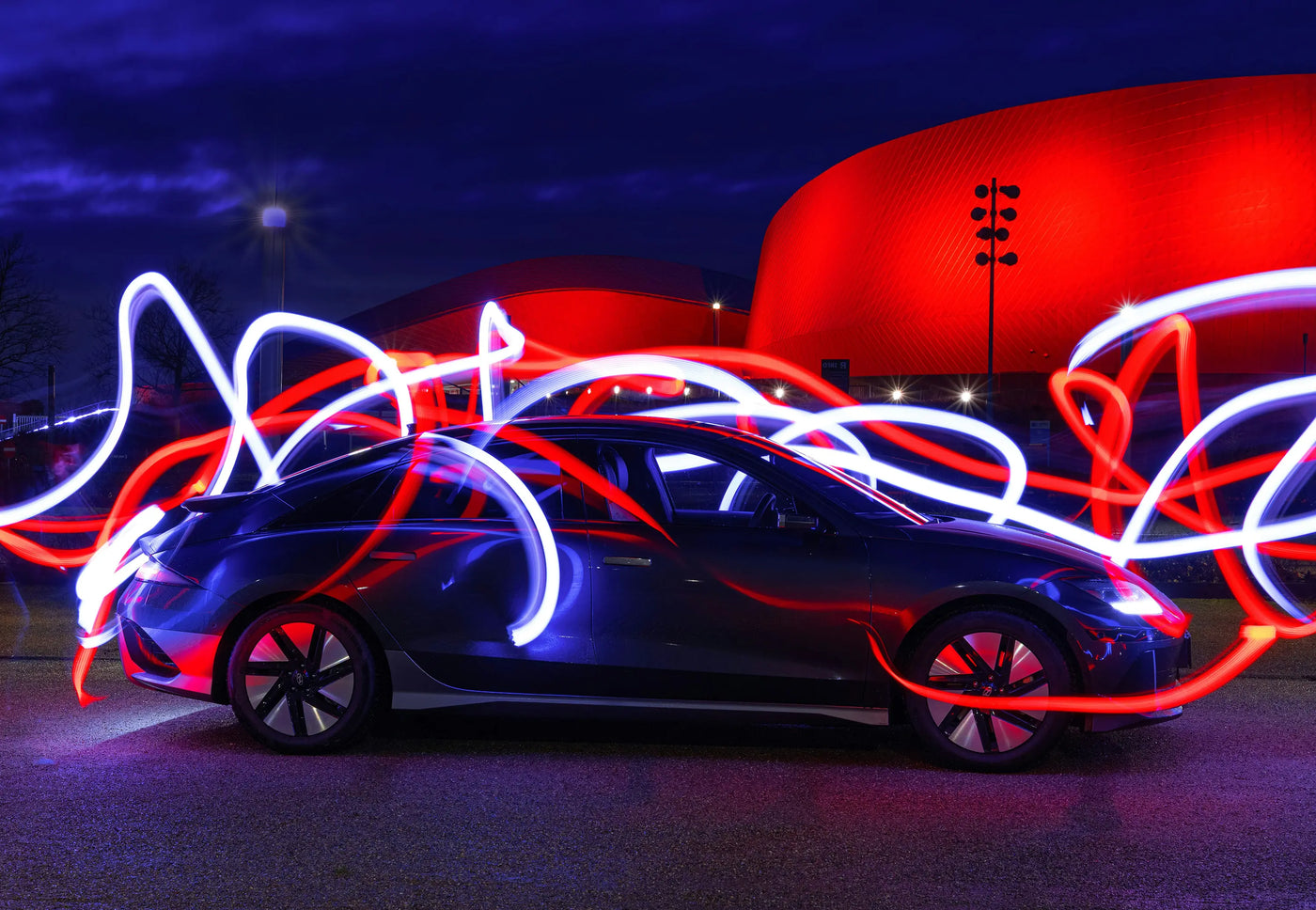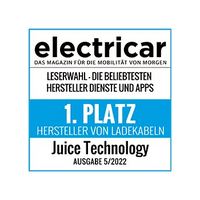The mobility revolution is in full swing, and with it the question of the best technology for a sustainable future is coming into focus. Two main players are in the spotlight: hydrogen and electric cars. But which solution is more efficient, more environmentally friendly and more future-proof? A clear analysis provides information.
Technology and efficiency
Electric vehicles (BEVs) use electrical energy directly from batteries, while hydrogen vehicles (FCEVs) convert hydrogen into electricity in a fuel cell. However, the energy loss along the value chain is considerably higher with hydrogen:
- Electric cars : Electricity is stored and used directly in batteries, with an energy efficiency of around 70–90%.
- Hydrogen cars : The hydrogen must first be produced (often through electrolysis), compressed, transported and finally converted. This reduces the overall efficiency to around 30-40%.
Electric cars are clearly superior in terms of energy consumption.
Infrastructure and suitability for everyday use
- Electric cars : Charging infrastructures are being expanded rapidly worldwide. Home charging stations enable convenient charging overnight, and fast charging stations allow for ever shorter charging times.
- Hydrogen cars : Filling stations are rare and expensive to build. The transport and storage of hydrogen are complex and costly.
While electric cars already have a solid infrastructure, the hydrogen supply for cars is still in its infancy.
Cost factor
Electric cars benefit from falling battery prices and lower operating costs. Hydrogen vehicles, on the other hand, suffer from high production costs of fuel cells and inefficient energy conversion. In addition, green hydrogen (produced from renewable energies) is scarce and expensive.
Environmental friendliness
Both technologies are only as green as their energy sources. Electric cars have an advantage as the electricity mix is becoming increasingly greener. Hydrogen cars, on the other hand, rely on "green hydrogen", which currently accounts for less than 5% of global hydrogen. The production of grey hydrogen (from fossil fuels) counteracts climate protection.
Conclusion: The future belongs to electromobility
Hydrogen undoubtedly has potential, but especially in areas such as heavy goods transport, aviation and industry, where battery technologies are reaching their limits. For passenger transport, the electric car is the clear winner: more efficient, more cost-effective and already suitable for everyday use.
The choice is therefore less a question of taste than of efficiency and practicality. The future of mobility is electric - and for good reason.













